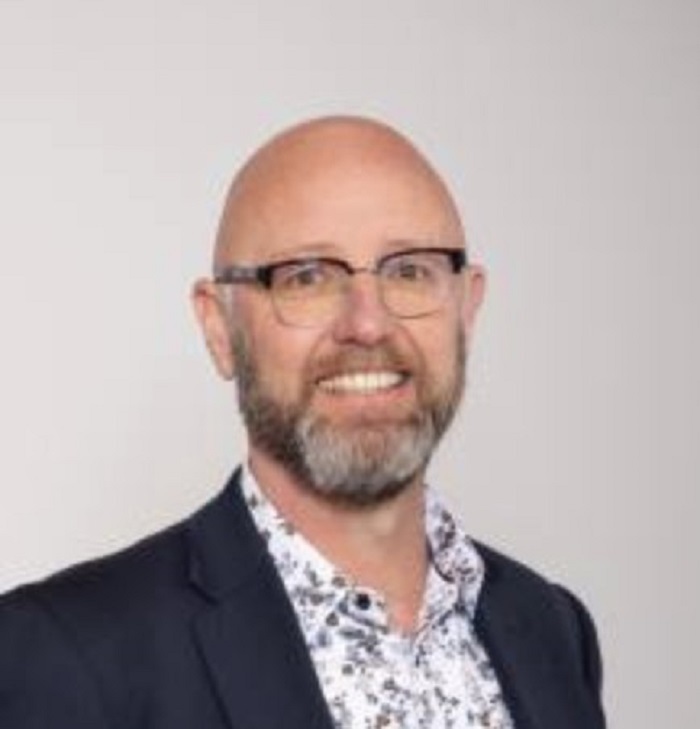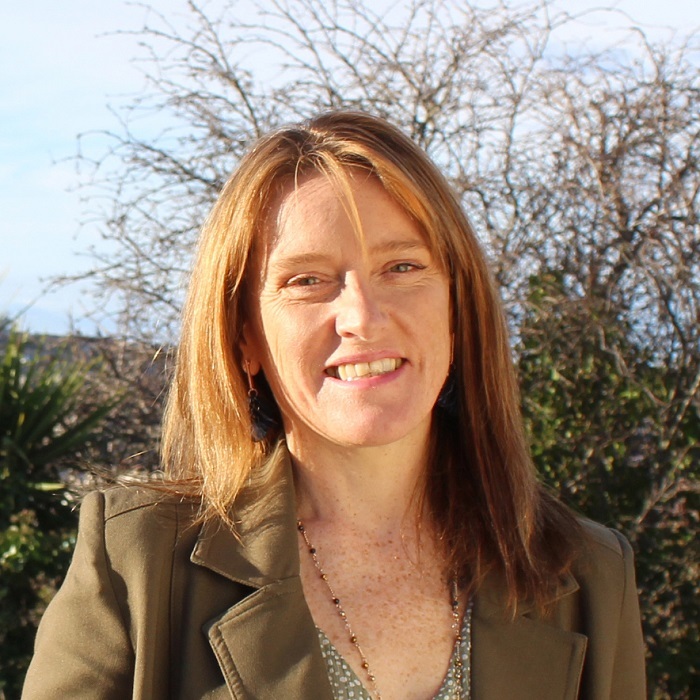Central’s health workers exhausted as staff shortage persist
Anna Robb
30 November 2022, 5:00 PM
 Staffing shortages for nurses and care workers are problematic for the aged care sector, one provider said
Staffing shortages for nurses and care workers are problematic for the aged care sector, one provider saidThe government’s plan to boost the number of health workers has not yet relieved pressure on frontline health teams caring for New Zealanders; and some Central nurses are leaving their jobs because of their working conditions.
A Central health worker told the Central App that their colleagues were exhausted after prolonged periods of pressure and covering for understaffed areas.
The worker said people were leaving health worker and nursing roles because they’ve had enough.
The staffing shortage stretches to general practitioners (GPs) in rural areas.
In Central, Roxburgh has had a series of locums in recent years and have been unable to secure a permanent GP.
News for that community is positive as Alexandra’s Health Central will be taking over the practice from December 2.
Along with burnout being a risk for health workers, a recent survey found New Zealand GPs are the most burnt out of doctors from 10 similar countries.
Nearly three quarters of GPs under 55 years old in NZ reported job stress.
The Central App asked WellSouth what steps were being taken to combat health worker fatigue.

WellSouth chief executive Andrew Swanson Dobbs
WellSouth chief executive Andrew Swanson Dobbs said the extra work of general practice teams, community pharmacies and other providers to deliver routine and preventative care while responding to the Covid pandemic was “heroic”.
“There is no quick fix or ‘silver bullet’ to resolve challenges that face health practitioners and WellSouth will continue to support practices and the patients and whānau they care for however we can.”
Nurse prescriber training is one initiative WellSouth has been running to help to increase capacity and capability in the primary care sector.
The six month programme trains nurses to prescribe authorised medicines for common health conditions (such as ear infections, sore throats, and some skin conditions) and allows them to have a more active role in patient care. Of the ten graduates so far this year, there were “a few” in Central, a WellSouth spokesperson said.
Another programme is Tōku Oranga (Access and Choice), a free and usually same day service where mental health and wellbeing clinicians work in general practices to support patients with issues such as stress, sleep issues, alcohol drugs, and mild anxiety.
In Central there are health improvement practitioners in Health Central, Alexandra Family Medical and Junction Health.
Andrew said WellSouth continues to meet with general practice teams to better understand their concerns and provide additional support to patients and communities through outreach and long-term conditions teams.
“Overall, the national health system reforms, through the creation of localities, are also aiming to help improve how health and social services can be better organised and coordinated to meet the needs of local populations.”
Health minister Andrew Little announced targeted measures to train more health workers domestically and bring more doctors and nurses into the country to help address immediate workforce pressures on August 1.
For the aged care sector the shortage of caring staff is acute.
Presbyterian Support Otago (PSO) chief executive Jo O’Neill said across the nine care homes her organisation runs in Otago they need to recruit 23 nurses and 35 care workers.

PSO chief executive Jo O’Neill
“We are doing everything we can to attract applicants.”
Jo said nurses across the aged care sector are feeling undervalued due to the lack of recognition of the need for pay parity.
“Due to the shortage of both aged care nurses and care workers, those we do have on staff are needing to work overtime and excessive hours to provide the care needed by our care home residents.
“We are losing staff due to these difficult conditions. Our current staff turnover rate is 30 per cent, which isn’t sustainable.”
Jo said some overseas trained nurses are starting to fill some of the vacant nursing roles.
“But it takes time for them to go through the immigration process, and New Zealand isn’t always the first choice of overseas trained nurses as they are not eligible for immediate residency.
“Our staff have a huge heart for their work in serving our vulnerable older people… we continue to lobby the government strenuously for long term systemic change.”
The government has announced that pay parity is coming for some health workers (homecare support, aged care and hospice workers and those employed by Māori and Pacific healthcare organisations) but nurses in GP practices were not included in the first tranche.



